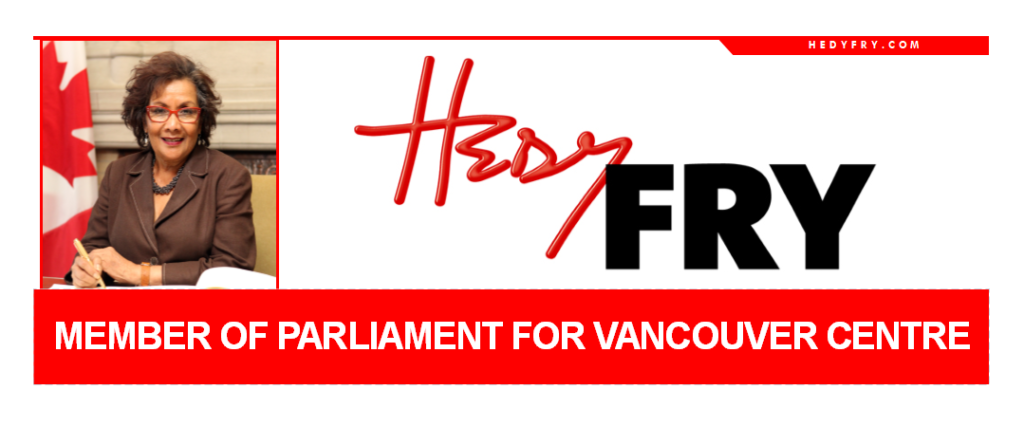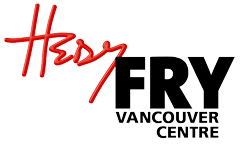
TransLink expands battery-electric bus fleet
NEW WESTMINSTER, B.C. – TransLink has awarded a contract to Nova Bus to bring 15 more battery-electric buses to our fleet. This order will more than quadruple our current battery-electric bus fleet, increasing our fleet total from 4 to 19.
- Reducing our greenhouse gas emissions by 45 per cent by 2030.
- Fully electrifying route 100 (22nd Street / Marpole Loop).
- Replacing all retiring conventional diesel buses with battery-electric buses.
- Transitioning to a fleet operating entirely on renewable energy by 2050.
The 15 new battery-electric buses are expected to arrive and begin rolling into service on Route 100 in 2022. The $16 million contract is funded through the Federal Gas Tax Fund, with funding allotted through the Metro Vancouver Gas Tax Fund.
To pursue the further electrification of Metro Vancouver’s bus fleet in the coming years, TransLink has applied for funding from senior levels of government for 57 more battery-electric buses and for the supporting charging station infrastructure.
Quick facts:
- Each bus is expected to reduce 100 tonnes of greenhouse gas emissions and save $40,000 in fuel costs per year compared to a conventional diesel bus.
- The buses can be charged in approximately five minutes at charging stations while picking up passengers.
- More than half of TransLink’s fleet uses cleaner technology, including compressed natural gas, hybrid diesel-electric fuel, and fully electric vehicles.
Quotes:
The Honourable Catherine McKenna, Minister of Infrastructure and Communities –
“The Government of Canada is providing $16 million for the purchase of 15 Canadian-made battery-electric buses that will support TransLink’s first fully electric bus route. Cleaner air, quieter streets and efficient, reliable public transit using a Canadian supplier — that’s a win-win-win. Canada’s infrastructure plan invests in thousands of projects, creates good jobs across the country, and builds cleaner, more inclusive communities for a net-zero emissions future.”
The Honourable Harjit Sajjan, Member of Parliament for Vancouver South –
“Our investments in public transit strengthen our communities. This investment means the Route 100 bus line will become the first fully electric non-trolly bus line in the Lower Mainland. Families, workers and students from across Vancouver South will now be able to get around the community more easily, while reducing harmful emissions.”
Jonathan X, Coté, Chair of the Mayors’ Council on Regional Transportation –
“Transit continues to be one of the greenest ways to travel throughout Metro Vancouver and these new zero-emission buses will make it even more sustainable. The Mayors’ Council was proud to approve the Low Carbon Fleet Strategy last year to help move the region’s transit system toward meeting their climate action targets as quickly as possible, and we applaud this step toward reducing TransLink’s greenhouse gas emissions.”
Kevin Desmond, TransLink CEO –
“Today’s announcement is about ensuring we continue our important transition toward a greener and more efficient transit system. Zero-emission battery-electric buses are the future of the transit industry, and this order more than quadruples our existing battery-electric bus fleet, bringing us one step closer to achieving our aggressive climate targets. TransLink already has one of the biggest electric trolleybus networks in North America, with 262 trolleybuses in service, and a SkyTrain network operating entirely on electricity. It’s exciting to be able to build on our success and move into a more sustainable era for public transit in Metro Vancouver.”
Martin Larose, Vice President and General Manager of Nova Bus –
“We are proud to work once again with TransLink and to expand the sustainable transit footprint in the Vancouver area,” said Martin Larose, Vice President and General Manager of Nova Bus. “TransLink is leading sustainable mobility and shaping the community’s quality of life for the better. Together, we’re making the evolution to electric a reality for Vancouver and we are helping to build a more sustainable, livable, and connected community.”



